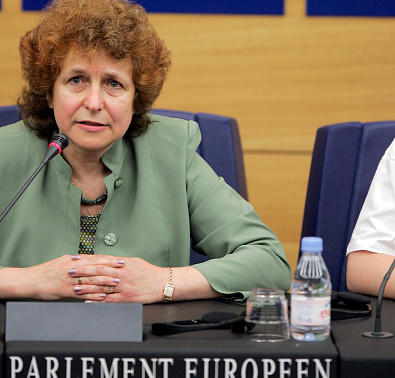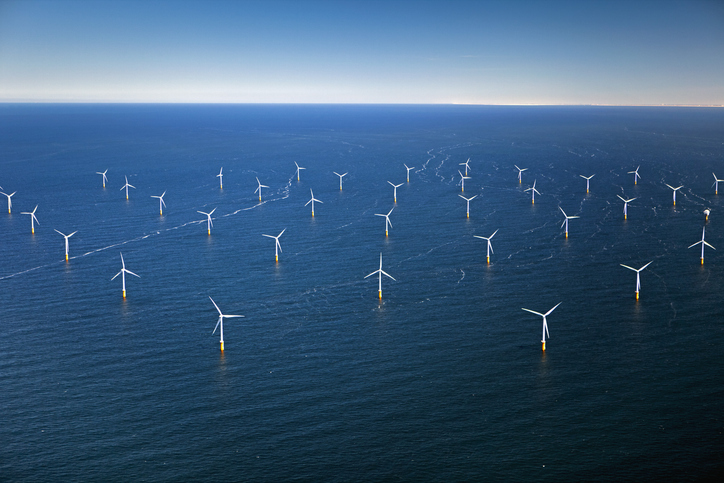The European Parliament’s crackdown against money-laundering in the European Union football industry will be “a worthy but ultimately fruitless exercise” possibly even “counterproductive”, a leading financial-crime analyst has told Brussels Signal.
On April 24, the European Parliament will vote to add the football industry to its money-laundering directive, an attempt to stop corrupt oligarchs and criminals from laundering what the UN estimated was $140 billion (€130.9 billion) of “dirty money” through the game every year.
Kathryn Westmore, of the Royal United Services Institute think-tank, told this website that the new rules, requiring the EU’s football clubs and agents to monitor transactions, assess their money-laundering risks and apply customer due diligence (CDD), are insufficient to combat the “dirty money that seemingly underpins the modern game”.
European football suffers from “endemic corruption and illicit funds flowing through the game”, Westmore contended.
“The complexity and scale of the issues at hand – corruption, kleptocracy, transnational organised crime – will take more than the application of CDD to solve,” she added.
Critics argue that while the issue involves large-scale financial crime, the measures against it are being hastily rushed through by Belgium, which as holder of the rotating European Council presidency is under pressure to deliver before June’s European Parliament elections.
The end result is entrusting the problem to an anti-money laundering system that is already struggling to cope, critics argue.
The EP extended clubs’ timeframe for implementation of the new rules now relating to football entities from three years to five years to give them time to comply.
That was a concession made after the Parliament did not engage European football’s governing body UEFA and its stakeholders until late in the process and reportedly side-lined the European Club Association from negotiations altogether.
As a result, “the timeframe on implementation is long so we won’t really be able to judge whether the new requirements are effective or not for a while,” said Westmore.
Everton FC received more £400 million between 2018-2022 from companies connected to Russian business mogul Alisher Usmanov, even as Usmanov, a close associate of President Vladimir Putin, was being placed under EU sanctions.
While there is no suggestion a crime has been committed, the EU sanctions list describes Usmanov as “one of Putin’s favourite oligarchs”, who “fronted for President Putin and solved his business problems”.
It is, say experts, remarkably easy for those with ulterior motives to purchase football clubs. Undercover reporters with Qatar-based news channel Al Jazeera contacted a middleman who said, for a fee, he could “hide a criminal’s money and identity behind offshore trusts and submit fraudulent due-diligence reports” to football authorities.
Increasingly huge amounts of Middle Eastern government money has flowed into European clubs as States seek positive publicity.
Qatar Sports Investment, part of the country’s sovereign wealth fund, has since 2011 flooded the previously unremarkable French club Paris Saint-Germain club with enough cash to enable it to entice footballing superstars David Beckham in 2013 and Lionel Messi in 2021 to both play for it. Saudi Arabia’s Public Investment Fund bought Newcastle United for £300 million in 2021 and in 2023 secured Cristiano Ronaldo for Riyadh-based Al Nassr – on a reported salary of £3.4 million a week. There is no suggestion of foul play surrounding either of these transactions.
Many say already stretched regulators are unlikely to be a match for adversaries with such financial resources.
If they could “seize a football club or to force its sale when it could be proved that the club was being used to launder the proceeds of crime, it may start to turn the tide,” Westmore said.
This seems doubtful though because it would mean “an expensive and lengthy battle against clubs with some very deep pockets”, she added.
With the new rules, Westmore said the “real question for me … will be who will actually enforce them, how will they enforce them and what kind of penalties clubs will have to pay?”.
Ultimately though, “underfunded and under-resourced enforcement agencies are never going to be able to compete on the pitch”, she concluded.





